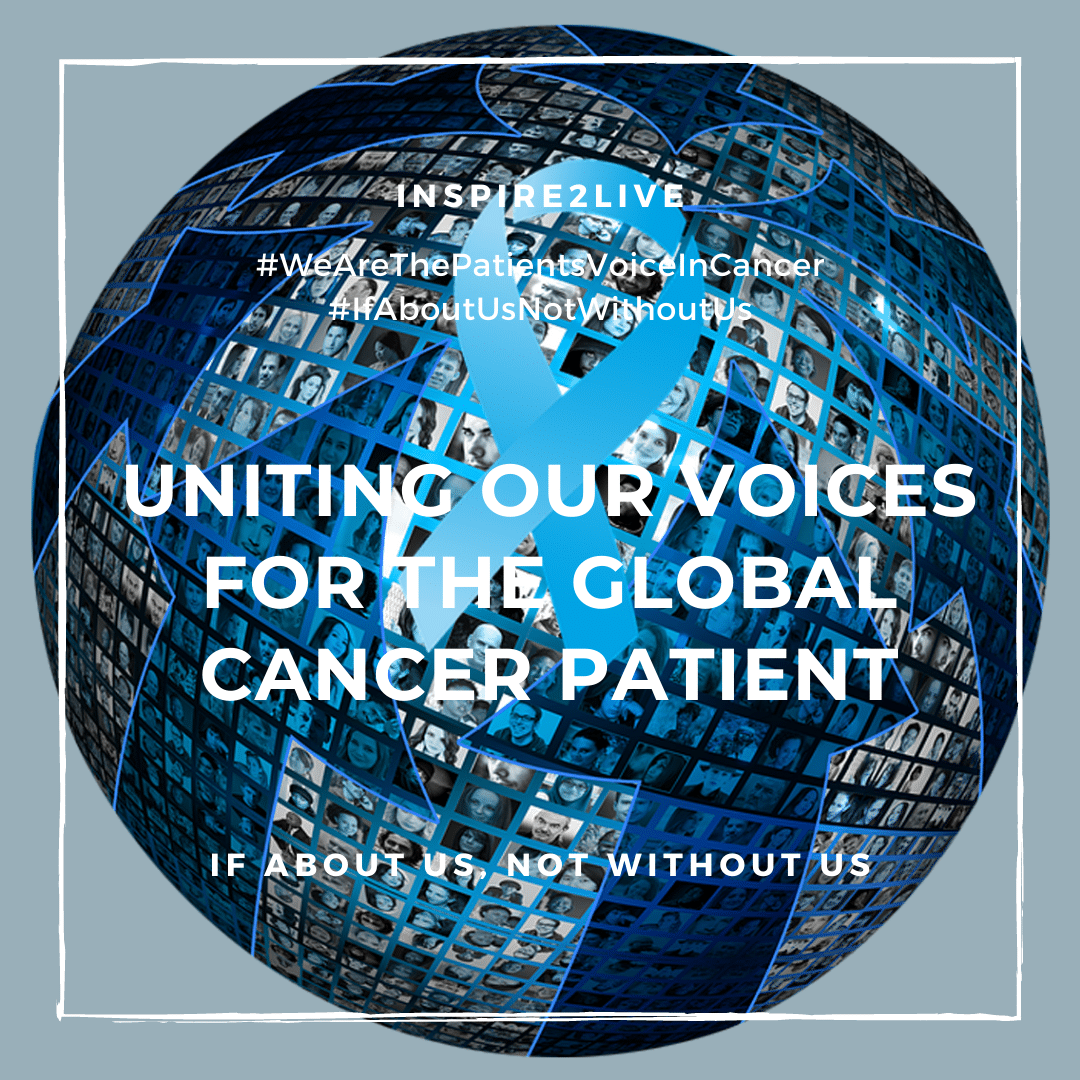Patient advocacy is the reflection of tragic experiences that become stories of resilience. It is the action that follows the realisation that it is incumbent upon us to do better. After we have been confronted by a killer disease like cancer, regardless of how we make it to the other side, either because have to say goodbye to our loved ones or because we made it out alive, we know that others who face this disease deserve better experiences and better outcomes.
In a globalised world, where we come together as a community and learn from each other as to how we can do better, we realise that there is a great deal to be done. We need solutions and we need them fast. Innovation by itself means nothing if the people who can benefit from it cannot access it. Access means for all of us, not just the lucky few.
Today the world population is 7.9 billion. Access to innovative medical treatments is limited to 1.6 billion, the people of personal wealth in addition to a subset of the people living in the wealthy countries. This means that 6.3 billion people on the planet receive NONE of the advanced research and development. Let’s think about that one more time; 1.6 billion people have access to innovative medical treatments whereas 6.3 billion people do NOT!
If these stark numbers do not make us feel uncomfortable, nothing will. Not only should these stark numbers make us uncomfortable, they should also empower each of us to play a role to do better and there is reason to be hopeful, because examples show us that this can be turned around. The first example is literacy; literacy has improved worldwide from 56% in 1950 to 86% in 2016. Another important example is life expectancy, on average worldwide it has increased to 72.6 years, which is higher than that of any country in 1950. The third remarkable example is the eradication of smallpox which is a wonderful feat. It doesn’t get much better than that for the global patient. This story sounds more exciting and inspiring than any superhero movie and it shows that we can do better. These examples are the result of decades of major international campaigns under the leadership of organisations like the United Nations.
What the Inspire2Live World Campus has already demonstrated is that it is possible to talk about the Global Patient and the Global Scholar and that it is also possible to get everyone on the same wavelength to create Global Knowledge. Big players in the medical industry, who operate as businesses with a view to maximising profit, are increasingly being challenged to face uncomfortable realities and to serve all 7.9 billion people. Governments, however, are looking to minimise costs and they are more and more being challenged to look at the value of innovation from the patient perspective.
We live in exciting times where international organisations are taking a leadership role that pushes the global patient movement more and more. International bodies, including the European Union, are starting to mandate patient representation in policy discussions and boards and the European Commission is increasingly requiring engagement with patient organisations to grant funding for research projects.
We strongly believe that this represents the first step of the way forward: Once we start listening to the patient’s voice, then policy creation, problem recognition and solving, data sharing and multinational cooperation will start to improve.
By uniting our voices, the global cancer patient stands a chance!
Tielo Jongmans and Peter Kapitein
Patient Advocates Inspire2Live

